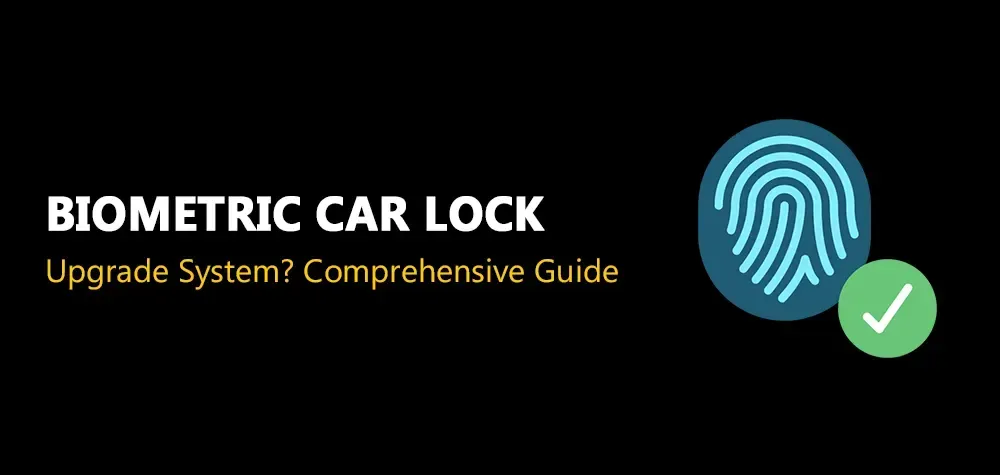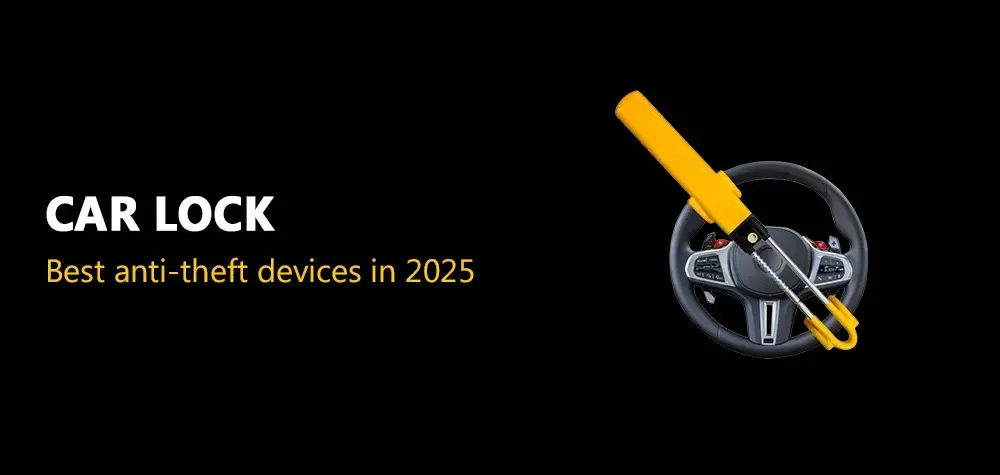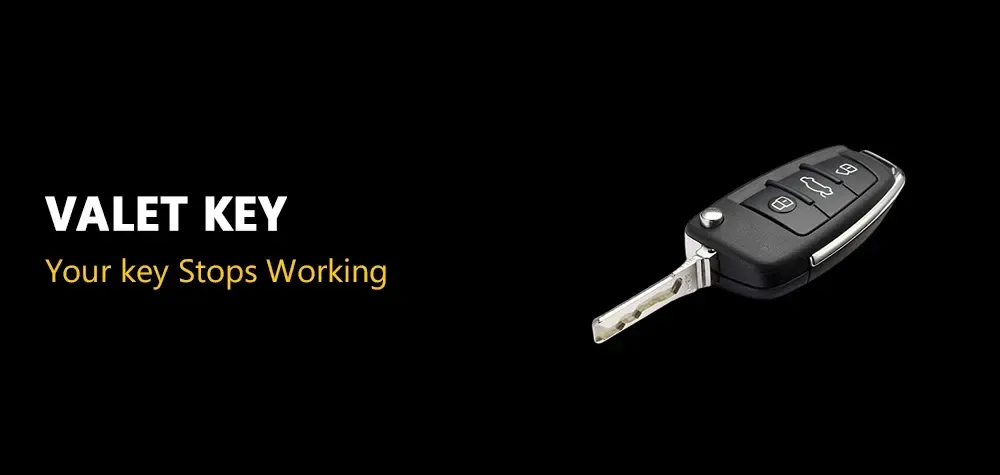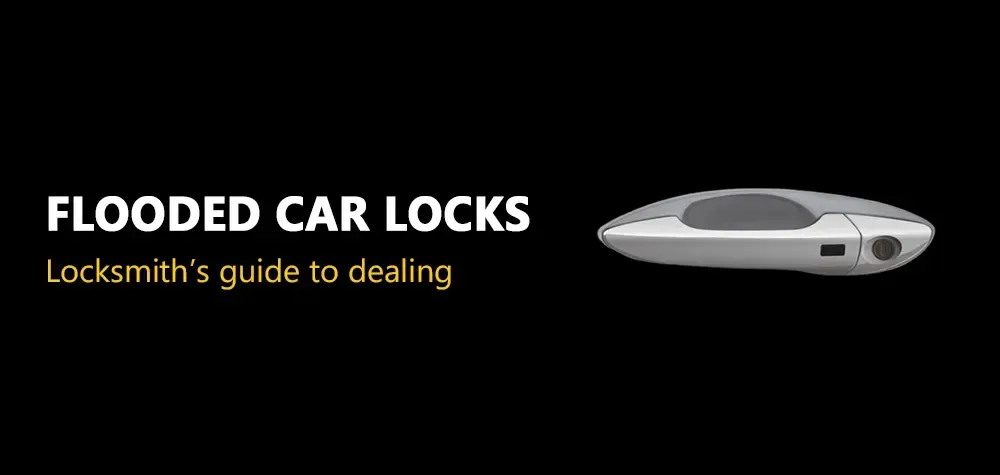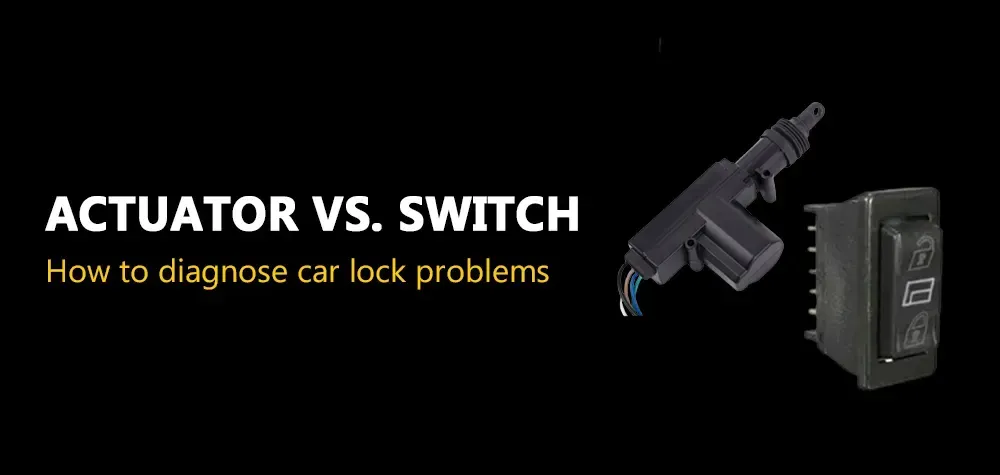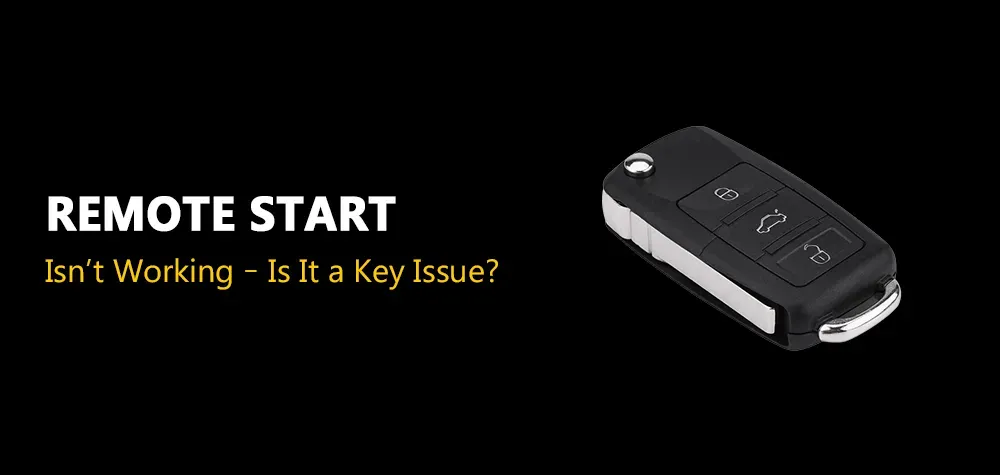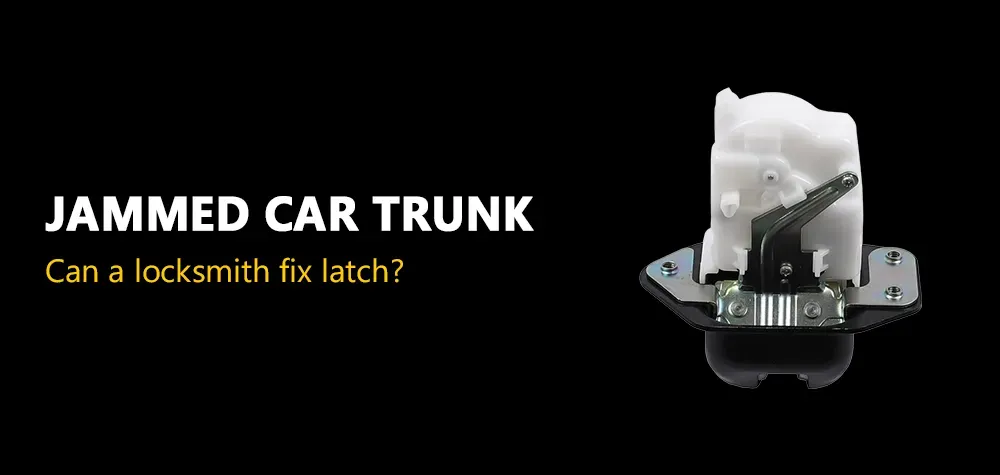Best Locks for Rental Properties: Balancing Security and Convenience
When managing rental properties, landlords and property managers must strike the perfect balance between security and convenience. Renters want to feel safe in their homes, but they also need ease of access. Meanwhile, property owners require a system that allows them to manage key access efficiently without compromising security. With a wide variety of locks available, choosing the best one for rental properties involves understanding the strengths and limitations of each type. Let’s explore the best locks for rental properties and how they balance security and convenience.
If Nearly All Locks Can Be Picked, Why Do We Still Use Them
Traditional Deadbolts: A Time-Tested Security Solution
Deadbolt locks have been the gold standard for home security for decades. Their sturdy design makes them highly resistant to forced entry, and they are a cost-effective solution for landlords. Standard deadbolts require a physical key, which can be an advantage in terms of control but a disadvantage when keys are lost or stolen. While they offer excellent security, landlords must rekey them every time a tenant moves out to ensure previous renters do not have access.
Keyless Entry Locks: Eliminating the Hassle of Keys
Keyless entry locks, particularly those with keypad access, are becoming increasingly popular for rental properties. These locks allow tenants to enter using a unique code rather than a key. For landlords, this means no more lost keys or costly lock replacements between tenants—just a quick reset of the entry code. However, some models require batteries, and if not maintained properly, tenants may find themselves locked out due to power failure.
Smart Locks: The Ultimate Convenience for Landlords and Tenants
Smart locks take keyless entry a step further by enabling remote access via smartphone apps. Landlords can grant or revoke access without ever stepping foot on the property, making them ideal for short-term rentals or multi-tenant buildings. Many smart locks also track entry logs, offering an added layer of security by recording who enters and exits the property. The downside? They rely on Wi-Fi or Bluetooth connections, which can sometimes be unreliable, and they may require a higher upfront investment compared to traditional locks.
Bluetooth vs. Wi-Fi Smart Locks: Which One is Better?
Both Bluetooth and Wi-Fi smart locks offer convenience, but each has its pros and cons. Bluetooth locks connect directly to a user’s phone, eliminating the need for internet access. However, they require the user to be near the door to unlock it. Wi-Fi locks, on the other hand, allow for remote access, which is beneficial for landlords managing multiple properties. The downside is that they rely on internet connectivity and can be more vulnerable to hacking attempts.
High-Security Locks: Maximum Protection for Rental Properties
For landlords looking for top-tier security, high-security locks such as Medeco or Mul-T-Lock provide superior resistance to lock picking, drilling, and forced entry. These locks often come with patented key control, meaning only authorized locksmiths can duplicate keys. While they offer unmatched security, they can be expensive and less convenient if multiple tenants need key access.
Combination Locks: A Simple Yet Effective Alternative
Combination locks work similarly to keyless entry locks but do not require batteries or electronic components. Tenants enter a numeric code to unlock the door, which landlords can change as needed. While convenient, these locks may be more susceptible to wear and tear, and if the combination is shared too widely, it can compromise security.
Master Key Systems: Simplifying Access for Landlords
For landlords managing multi-unit properties, a master key system can be a game-changer. This setup allows one key to open multiple doors while tenants retain individual keys for their units. This reduces the number of keys landlords need to carry but does come with security risks—if a master key is lost or stolen, it can jeopardize multiple units.
Biometric Locks: Cutting-Edge Security with Fingerprint Access
Biometric locks use fingerprint recognition to grant access, eliminating the need for keys or codes altogether. These locks offer excellent security and prevent unauthorized key duplication. However, they tend to be more expensive and may require occasional reprogramming if a tenant’s fingerprint is not recognized correctly.
Best Lock Choices for Short-Term vs. Long-Term Rentals
For short-term rentals like Airbnb properties, smart locks with remote access capabilities are the best option. They allow landlords to grant new access codes for each guest, eliminating the need for physical keys. For long-term rental properties, deadbolts combined with keyless entry locks offer a balance of security and convenience, ensuring tenants have reliable access while landlords can easily update access as needed.
Conclusion: Finding the Perfect Lock for Your Rental Property
Selecting the best lock for a rental property requires weighing security, cost, and convenience. Traditional deadbolts remain a solid choice for long-term rentals, while smart locks and keyless entry systems offer unparalleled flexibility, especially for short-term rentals. High-security locks provide the best protection but may come at a higher cost. Ultimately, the right choice depends on the type of rental property, tenant turnover frequency, and how much control landlords want over access. By investing in the right locking system, landlords can ensure their properties remain both secure and tenant-friendly.
Call Us Any Time!
